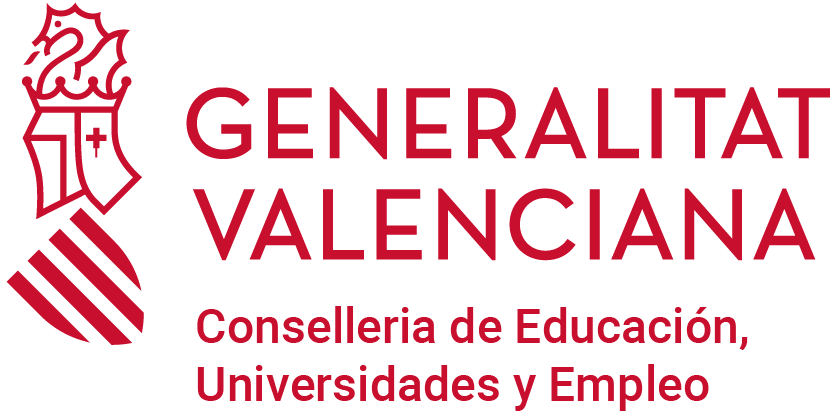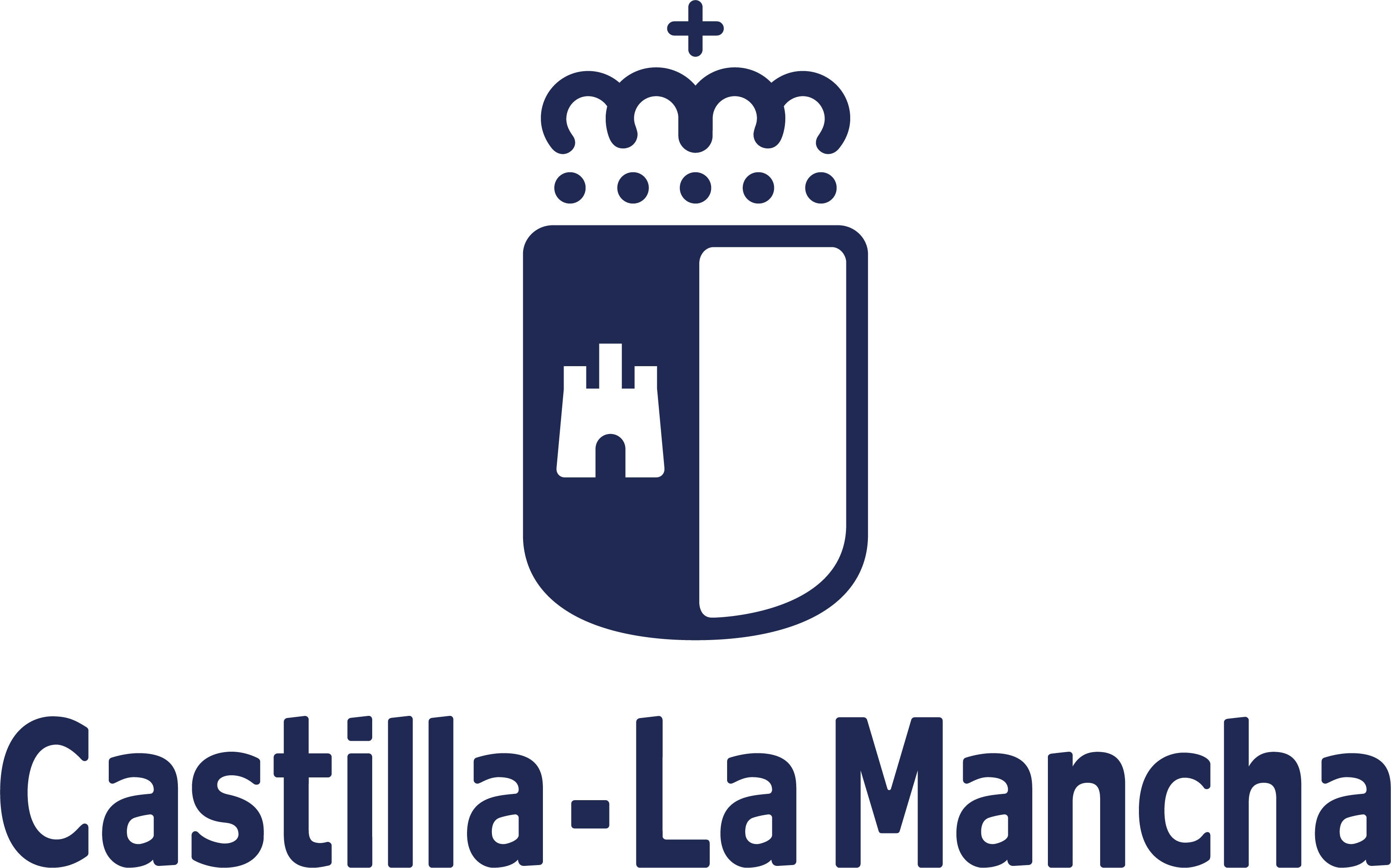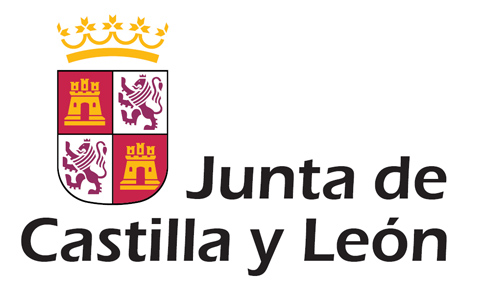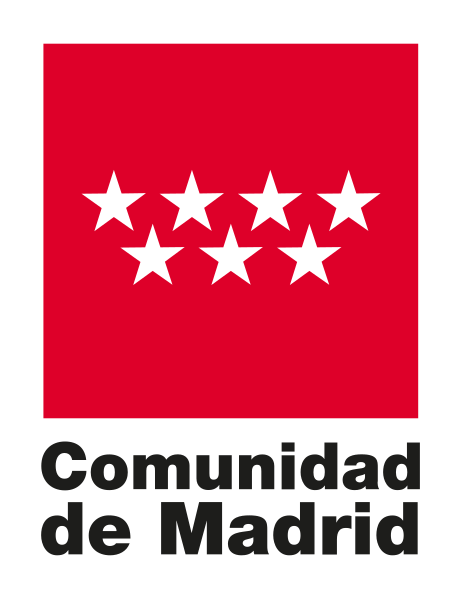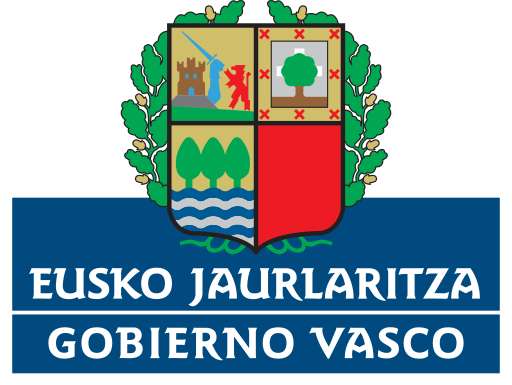The first edition of the European School of Advanced Materials (#ESAM2023) has brought together in Gandia between 16 and 18 October about 80 Spanish and European researchers who have discussed the design and technological application of different types of materials with advanced properties, including graphene and many "smart materials" intentionally designed to offer superior performance in key areas for the high-tech economy.
The European School of Advanced Materials is one of the training, scientific collaboration and results dissemination actions foreseen in the Complementary Plan for R&D&I in Advanced Materials promoted by the Ministry of Science of the Spanish Government together with the executives of seven Autonomous Communities. It is part of the Recovery, Transformation and Resilience Plan financed by the European Commission and the Spanish Science, Technology and Innovation Strategy (2021-2027).
During the opening ceremony of the meeting, held at the Bayrén Hotel, Eugenio Coronado, professor at the University of Valencia and director of the Institute of Molecular Science (ICMol) of the University of Valencia, explained that this type of action contributes to one of its main objectives: "We are building a strategic scientific community for industry and the economy of Spain and Europe". Also for people's lives, since advanced materials allow for cheaper, more sophisticated and easier-to-use products.
As national coordinator of the programme, Professor Coronado expressed his vocation to consolidate the continuity of ESAM and the collaboration between the researchers involved in the projects of the complementary plan. As a tool, AM@ESP (Advanced Materials Spain), the digital platform that integrates and allows searches for centres, research groups and projects linked to research in this area, which covers, among others, chemistry, physics, nanotechnology, metallurgy and biomaterials, has been launched and is now available.
The AM@ESP search engine is not only the informative website of the complementary plan that was launched at the end of 2022, but also represents a significant effort to compile and structure in an interactive way the information and contacts of hundreds of groups and hundreds of researchers who participate in an integrated and collaborative way in the strategic lines set out in the project. "We want it to be a solid base for the community of researchers in advanced materials because Spain is one of the countries that works most in this field".
ESAM has counted with the participation of the most active Spanish and European groups in the field of Advanced Materials. Research results were presented for discussion with the younger generations (Masters, PhD and post-doctoral students), who also had the opportunity to present the progress of their work.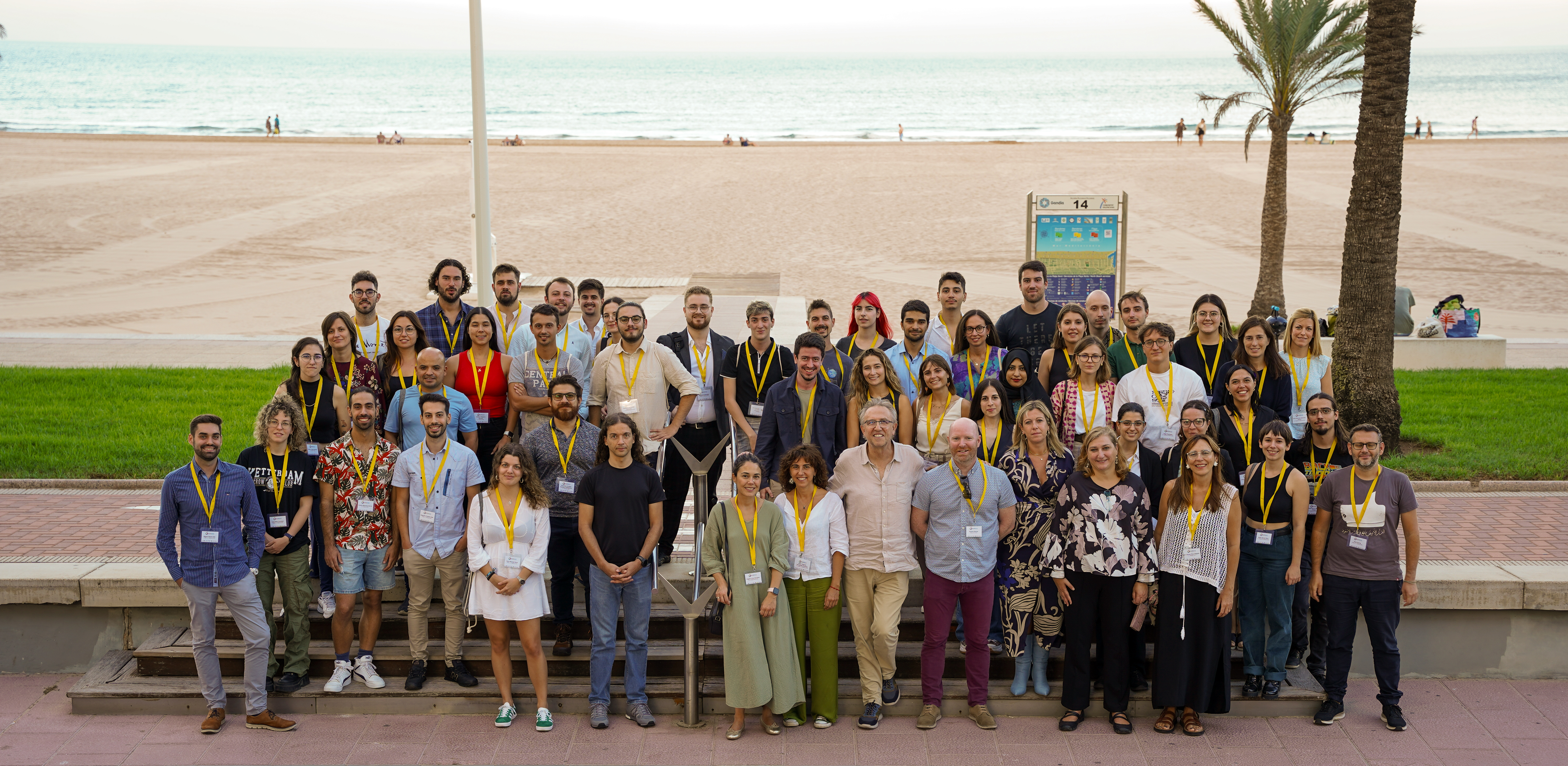
Among the guest speakers were Professor Lapo Bogani, Professor of Molecular Nanomaterials in the Department of Materials at the University of Oxford; Nazario Martín, Professor of Organic Chemistry at the Complutense University of Madrid and Vice-Director of the Institute for Advanced Studies in Nanoscience in Madrid (IMDEA-Nanociencia); Petra Rudolf, former President of the European Physical Society and Professor at the University of Groningen; and Kasper Pedersen, Professor of Inorganic Chemistry at the Technical University of Denmark.
Talal Mallah, researcher at the Institute of Molecular Chemistry and Materials of Orsay (ICMMO), at the University of Paris-Saclay, also participated. Other invited speakers were José Ramón Galán, ICREA researcher at the Catalan Institute for Chemical Research (ICIQ); Marisol Martín González, scientific and technical coordinator of the global area of Matter at the CSIC; and Félix Zamora, professor at the Autonomous University of Madrid and vice-rector for Transfer at the same institution. Richard Murray, editor of the journal Wiley, provided some key insights into the publication of scientific articles.
The opening session of the school was attended by the Director General of Science and Research of the Generalitat Valenciana, Rafael Sebastián Aguilar, and the Mayor of the city, José Manuel Prieto, who stressed the importance of scientific research for progress in "essential sectors". Sebastián also highlighted "collaborative work" and "multidisciplinarity" as two keys for scientific knowledge to "consolidate and be really useful", in line with the strategies of the Spanish government and the European Union.
José Manuel Prieto stressed Gandia's "commitment" to hosting this type of meeting "which combines research and technology". According to him, his government's vocation is to be, at the same time, "a tourist destination, but also an intelligent destination". He cited as an example that the city will host the National Institute of Oceanography.
The Spanish government's complementary plans have funding of 466 million euros and cover eight areas of scientific and technical interest: biotechnology applied to health; marine sciences; quantum communication, energy and renewable hydrogen; agri-food; astrophysics and high-energy physics; and biodiversity. 466 million until 2025. The advanced materials programme has been allocated 53 million euros up to 2025.
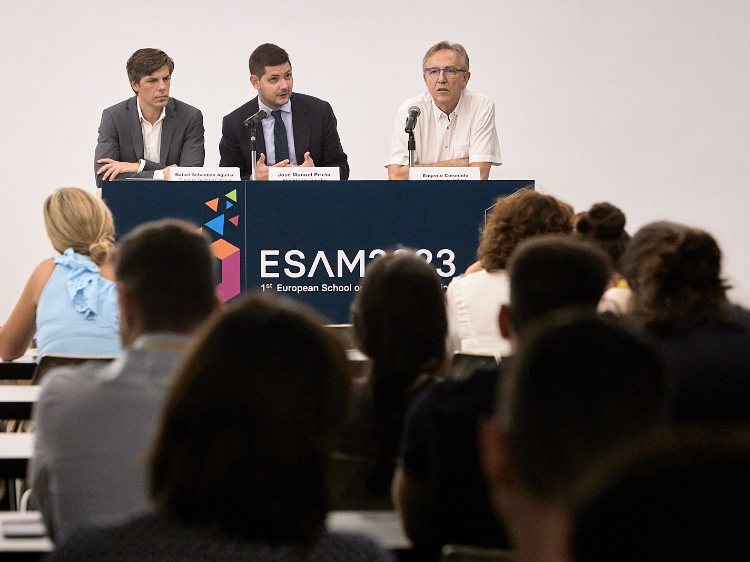
Eugenio Coronado, at ESAM: "We are building a scientific community for the industry and economy of Spain and Europe"





